Alarmingly, heart ailments are ranked by the CDC as the top killer in America, with over half a million citizens succumbing to its claws every year. The primary causative agent of heart ailments is congested arteries. Such congestion may be caused by several things not limited to plaque build-ups, fatty acids, and calcium. Here is a guide to some the top and easily-available nutriments that help maintain low blood cholesterol levels.
Beans: Especially the Black Ones
Beans (especially black beans) are very rich in fiber – triple the amount found in oats. Also, researchers have found out that diets that are rich in beans are strategic arterial dilators, thus lowering the danger of high blood pressure.
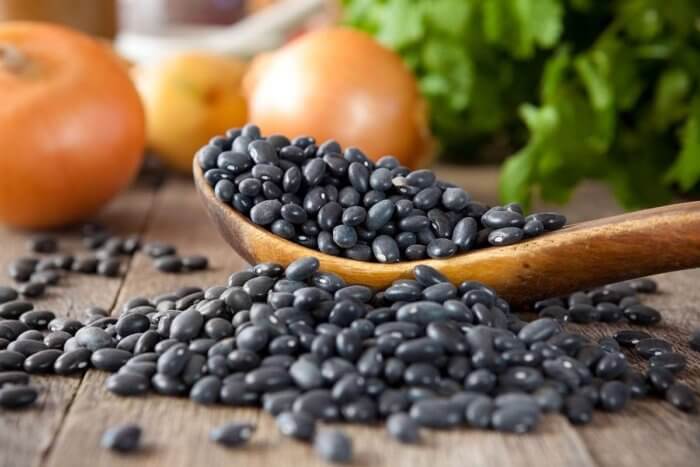
source: Shutterstock
Additionally, red-kidney beans and black-beans pack a lot of antioxidants. These beans, alongside other colored varieties, are reportedly great in reducing inflammation effects caused by heart ailments.
Oats: The Epitome of Whole-Grains
After two decades since the approval by the FDA, oats are increasingly becoming popular as part of a daily healthy diet. Also, researchers have lately unveiled extra advantages of oats.
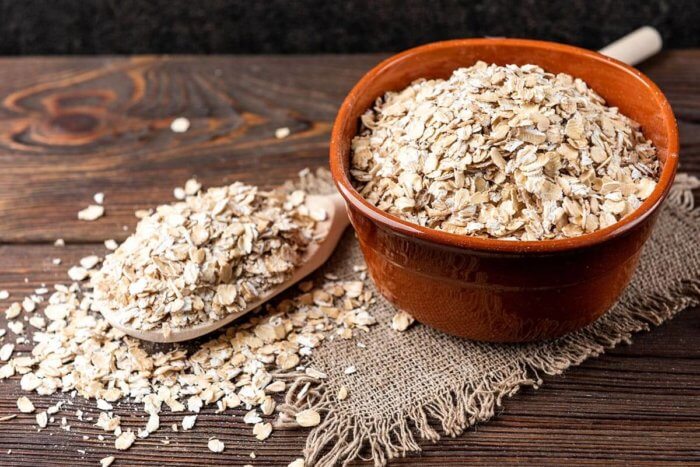
source: Shutterstock
According to recent research studies, oats bear the ability to drastically lower bad cholesterol levels, thus reducing the chances of arterial plaque building-up. Notably, a good number of Americans show fiber deficiencies, thus making the four-grams-per-cup an ideal dietetic portion.
Avocadoes: Keeping the Good Fats
While earlier nutritional recommended avoidance of all kinds of fats to avoid heart-disease, various researchers have reported that not all fats are actually bad. A good example is a fat found in avocados.
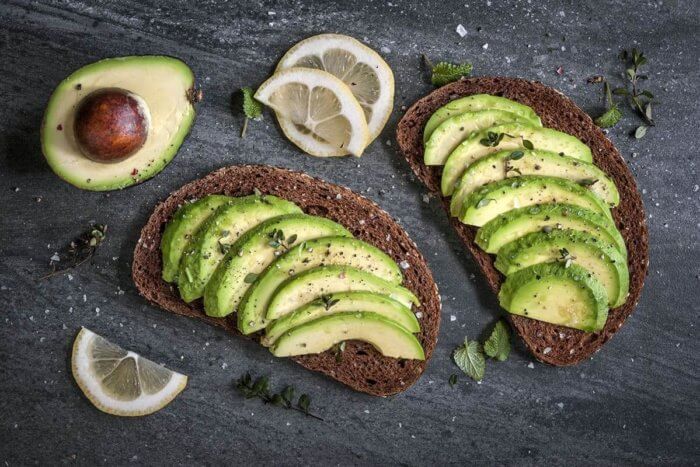
source:Shutterstock
Avocadoes are known to contain poly- and monosaturated fats, two classes of fat which can be crucial in lowering bad cholesterol (LDL) while raising the good cholesterol (HDL). These succulent fruits are also a great fiber source.
The Fatty Fish: Replenish Your Omega-Three
While most studies regarding Omega-three fatty-acids are focused on the health of our brains, there is also another critical benefit. The nutrient possesses important anti-inflammatory qualities: bodily inflammation is a principal origin of heart-related ailments.
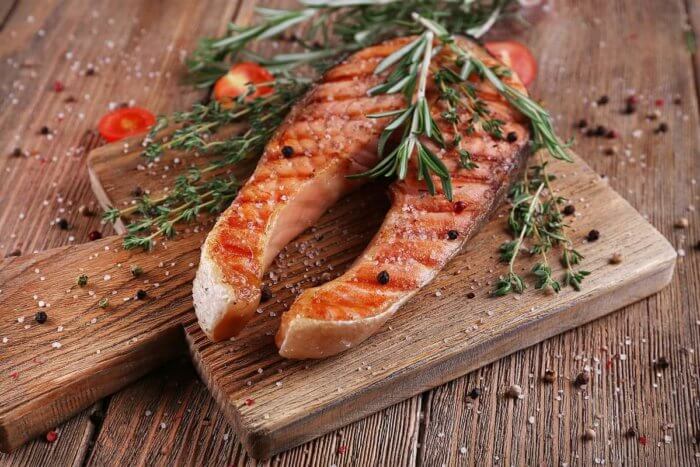
source:Shutterstock
Further, recent research suggests that the inflammation-reducing qualities help significantly in fighting arterial plaque build-up. As such, consuming fish such as salmon two times a week will help curb heart-related illnesses.
Turmeric: A Spicy Treat and Solution
Better known as the yellowish spice of Indian origin, many did not realize the advantages of this food-substance especially regarding the well-being of one’s heart. While it may not be eaten directly as other foods, simply adding it to your dish will spark some ‘hearty’ benefits.
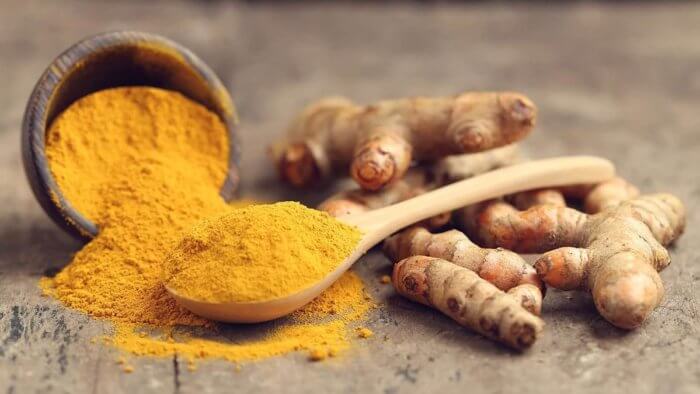
source:Shutterstock
Turmeric contains a substance known as curcumin which is renowned for its antioxidant qualities; it ideally prevents the build-up of fat deposits in the inner arterial fortifications. Definitely, this spicy treat will prove worthwhile.
Broccoli: Do You Embrace Your Veggies?
Apart from the recognition for its ability to fight cancer, broccoli is seemingly getting more uses. Some scientists have shown that this super-veggie may also help in keeping our hearts healthier.
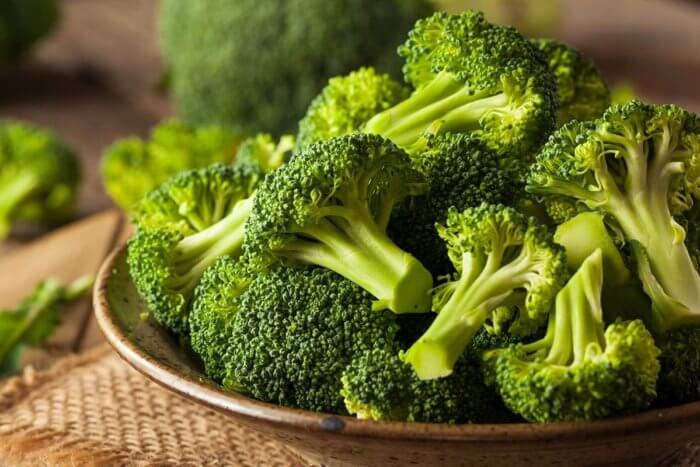
source: Shutterstock
Sulforaphane, a composite found in this vegetable, is increasingly correlated to defending against arterial clogging through the activation of special proteins. Further, the vegetable also has good fiber content and can help against anti-inflammation.
Whole Grains: Just More than Carbs
Many folks associate the consumption of whole-grain products with carbs, which may be true. However, whole-grain-based foodstuffs such as bread also crucial for maintaining a healthy heart. This statement is backed by conclusive peer-reviewed studies.
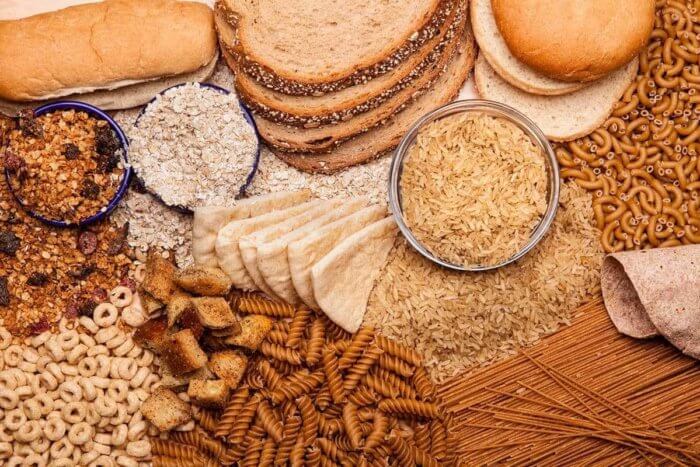
source: Shutterstock
Various studies have reported that the ingestion of 10 grams of whole grain cuts back heart-related risks by a staggering 14% every day. Further, your chance of suffering from a fatal heart-attack is cut back by at least 25%. Whole-grains are predominantly encumbered with great amounts of fiber. The fiber is responsible for scraping off unwanted cholesterol from your body. So, go ahead and grab your daily share of full-fiber bread!
Pistachios: A Nutty Treat to Better Health
This list of heart-friendly foods would not be complete without the inclusion of nuts. So, here go pistachios. Generally, nuts are always a great source of good fats; Pistachios, however, go an extra mile. They contain compounds known as ‘Sterols.’
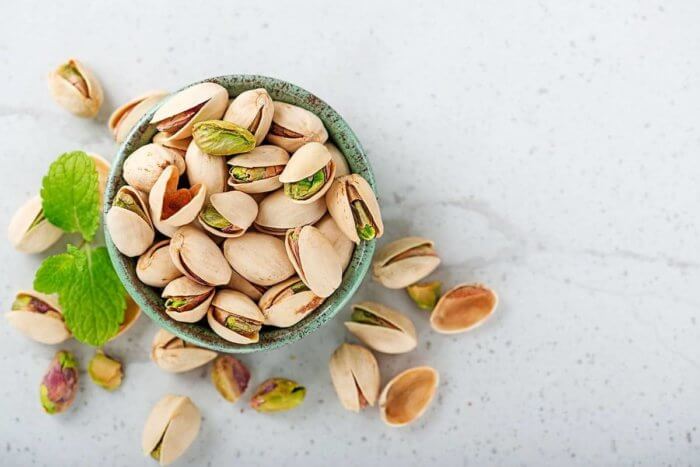
source: Shutterstock
These compounds which are the main ingredient in products meant to lessen or curb blood cholesterol are strategic in blocking cholesterol-absorptive mechanisms in the gut. As such, having a crunchy treat of pistachios every now and then means you are taking care of your heart as well.
Conclusion
There are many foods that one can take to reduce the arterial wall cholesterol build-up. While this list highlights some of these critical foodstuffs and additives, there are additional options to choose from especially if one is allergic to a selection of the listed ones. Additionally, you may consult the local nutritionist to guide you in developing a dietary regime which entails several heart-healthy foodstuffs and additives. By combining these with a responsible and active lifestyle, you may never have to worry about heart disease anymore.
